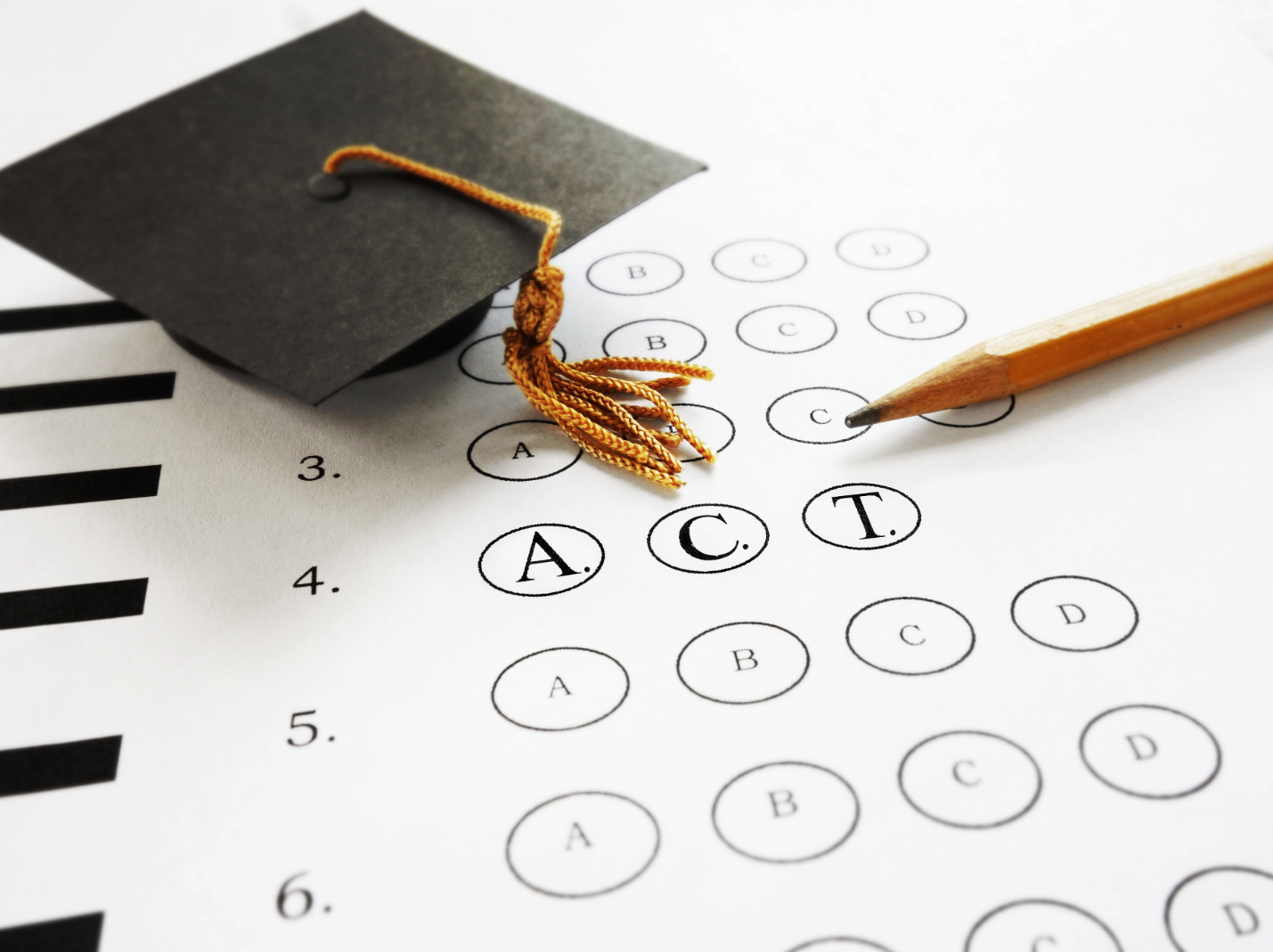
Editor’s Note: The following is a short excerpt from an article originally published by James G. Martin Center for Academic Renewal on September 4, 2024. With edits to fit MTC’s style, it is crossposted here with permission.
For decades, aspiring college students have had to submit with their applications scores from standardized tests, such as the SAT or the ACT. Variation of test scores is inevitable—that’s the whole point of a standardized exam—and, just as May flowers follow April showers, each round of these exams brings inevitable questions about whether the tests are “fair.” This is a perennial topic of debate among educators.
Recently, the dispute has taken on a litigious edge, with accusations that prestige colleges like Harvard are playing fast and loose with standardized test scores as part of a stealth program of reverse discrimination. Statistically, Asian applicants score higher on the SAT than do white applicants, who themselves score higher than black and Hispanic applicants. Yet black and Hispanic students are admitted in greater numbers than would be predicted on the basis of those test scores, while Asians’ numbers are fewer than would be predicted.
When pressed on the matter, colleges have responded with bland platitudes about the “holistic” admissions process and the presumed “benefits” of a diverse student body. Ultimately, the U.S. Supreme Court was unpersuaded by such hand-waving and told Harvard it had to stop. Since that ruling, colleges have been working out ways to sneak racial discrimination through the back door.
Now comes the news that ACT (the firm that governs and administers one of those standardized tests, the ACT exam) will be shortening examination times, reducing the number of questions, and no longer requiring students to complete the science portion of the exam. This follows similar action a few weeks previously by the College Board (which administers the SAT, the ACT exam’s principal competitor). Could it be that the standardized-testing industry is in on the whole “reverse discrimination” scam? If the tests reveal uncomfortable racial disparities, let’s make the tests easier!
There’s an uncomfortable fact here. Qualifying exams have always been tools of discrimination: That’s their purpose. The discrimination has taken various forms over the years, to be sure. In the 19th and early 20th centuries, Harvard and the other Ivies crafted their own entrance examinations that were structured to favor students from a small group of feeder prep schools.
Image by zimmytws — Adobe Stock — Asset ID#: 93916860